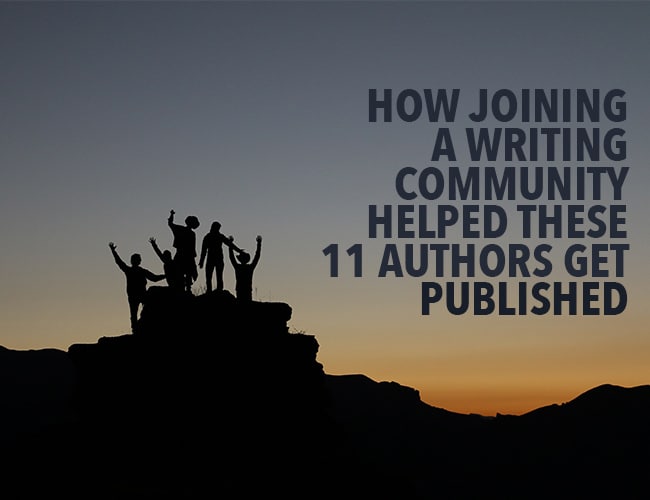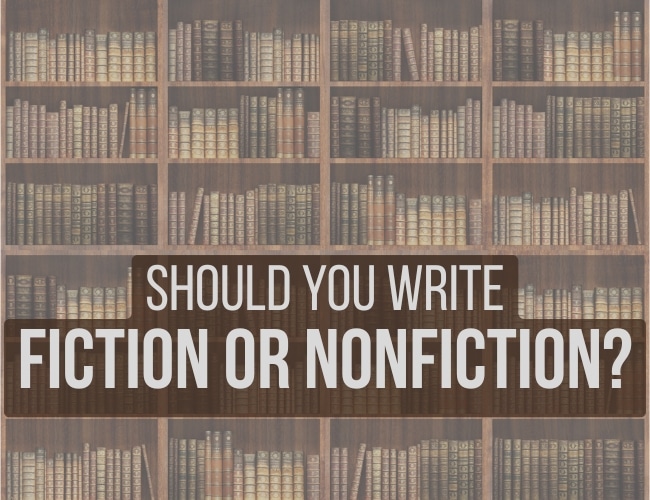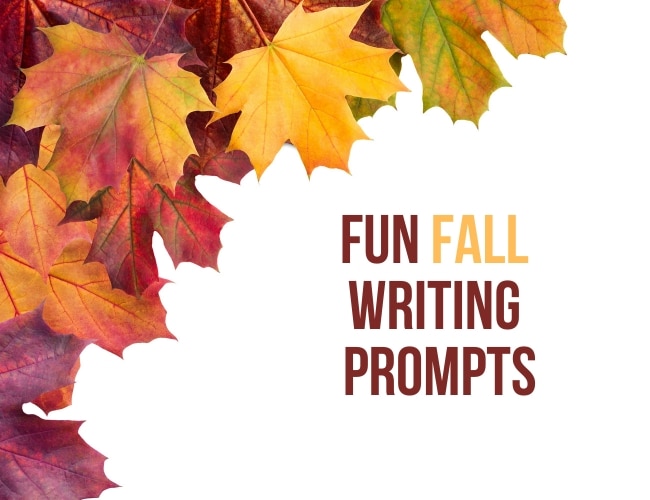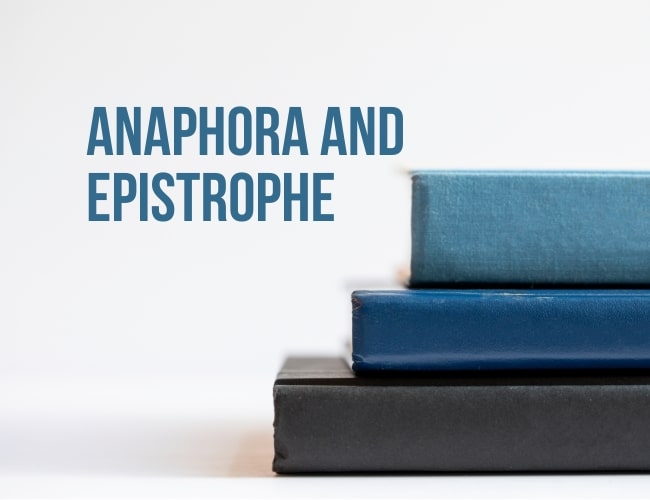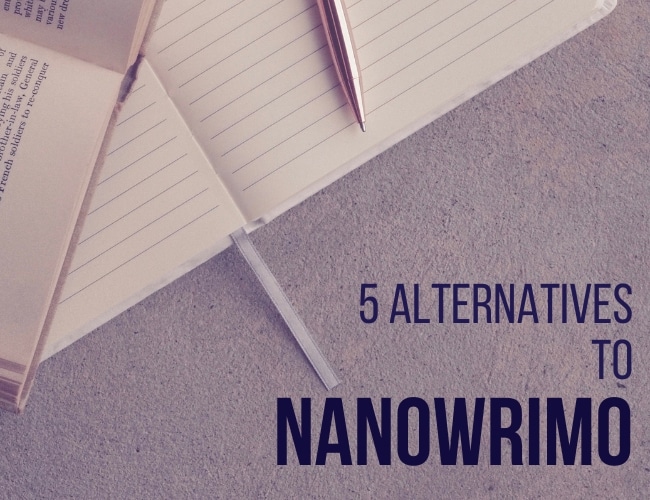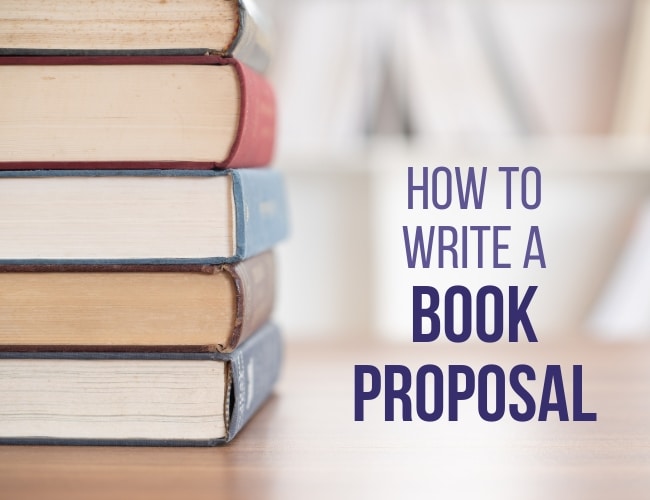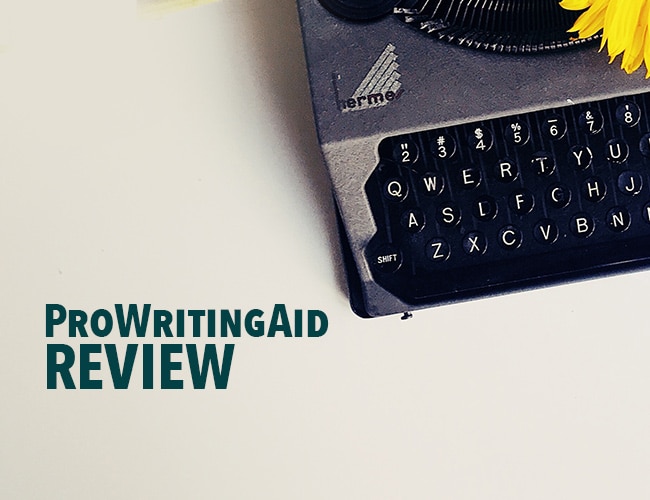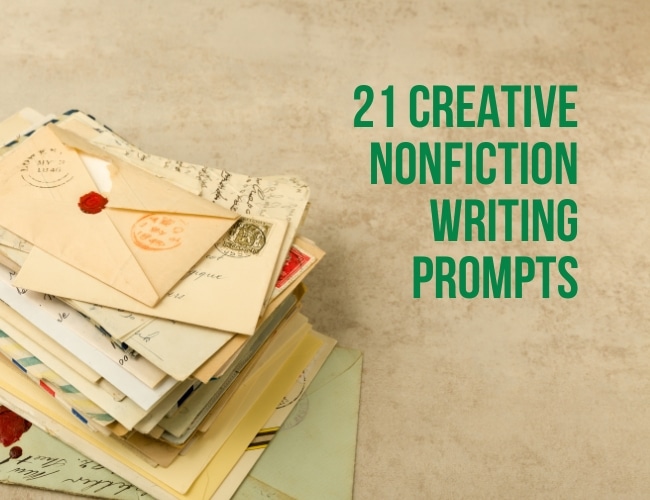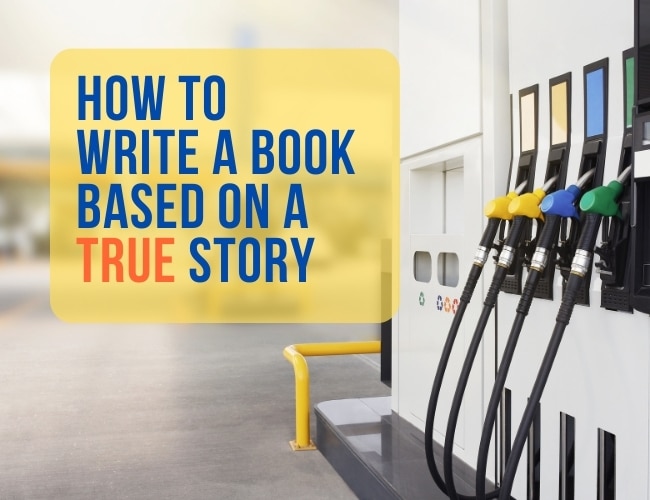Getting published is an amazing, exciting process. It can also feel a little mysterious, especially if you’ve never done it before. What does it take to publish? More than that, what does it take to publish successfully—to publish a beautiful piece of writing and share it with crowds of readers?
I recently reached out to several writers in our Write to Publish community to ask whether joining a writing community has helped them get published, grow their audience, and make progress on their journey to becoming bestselling authors.
